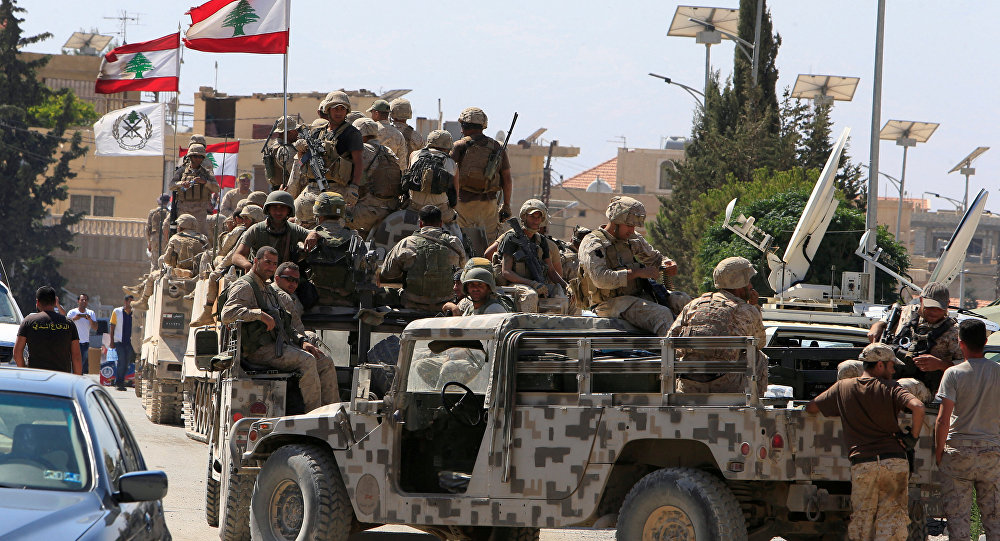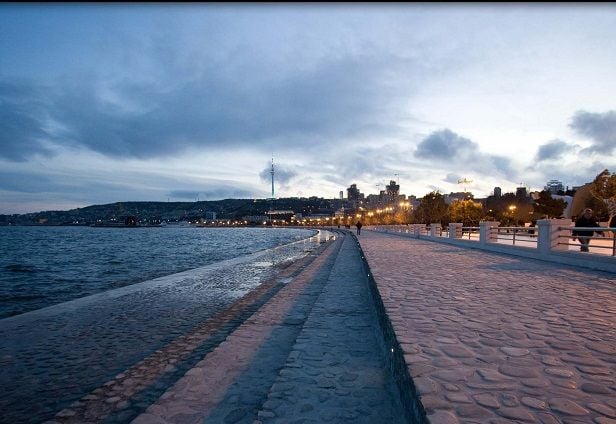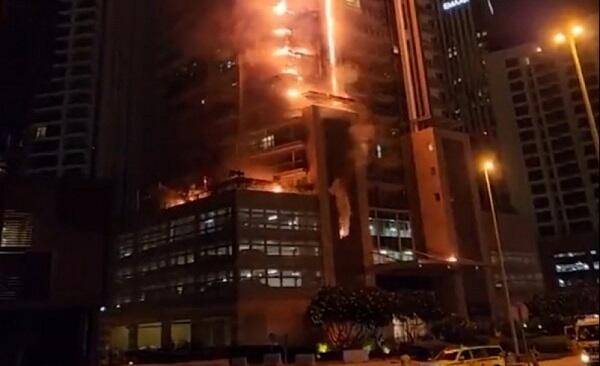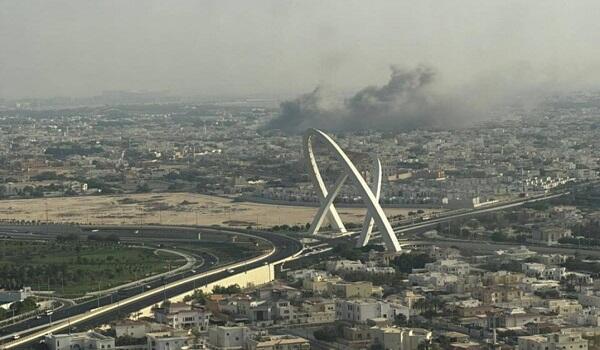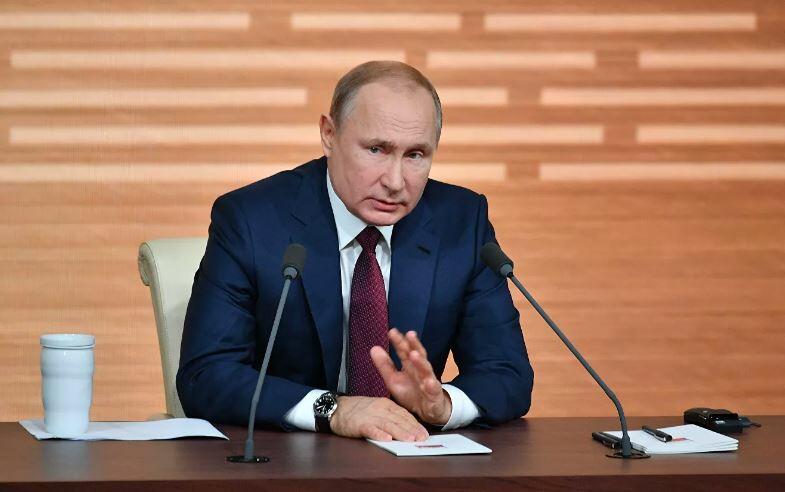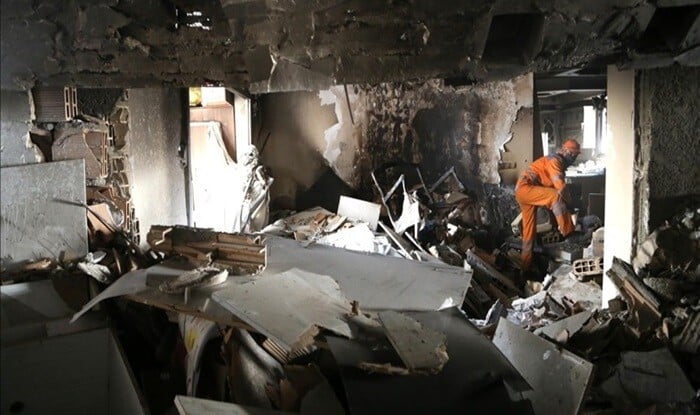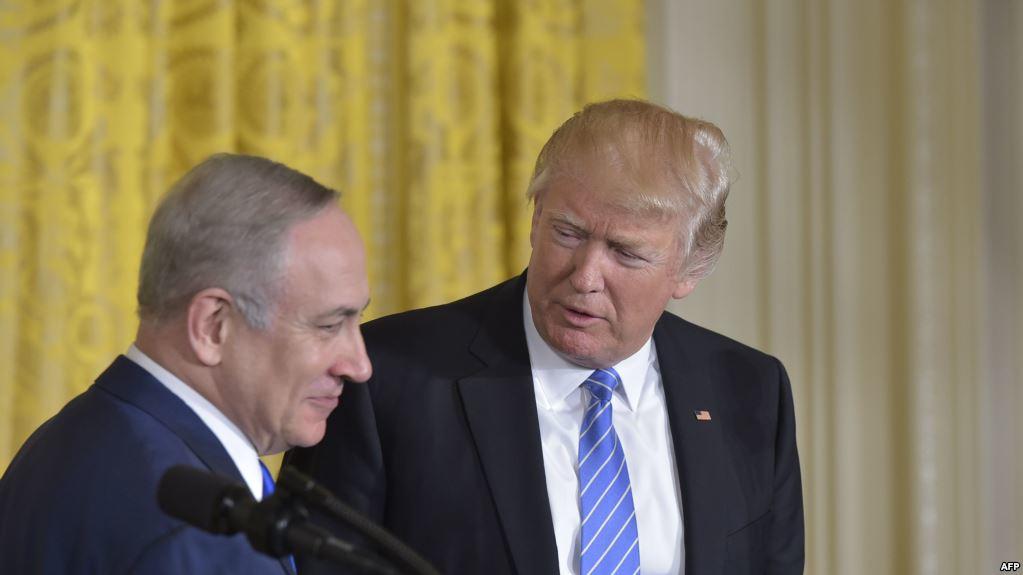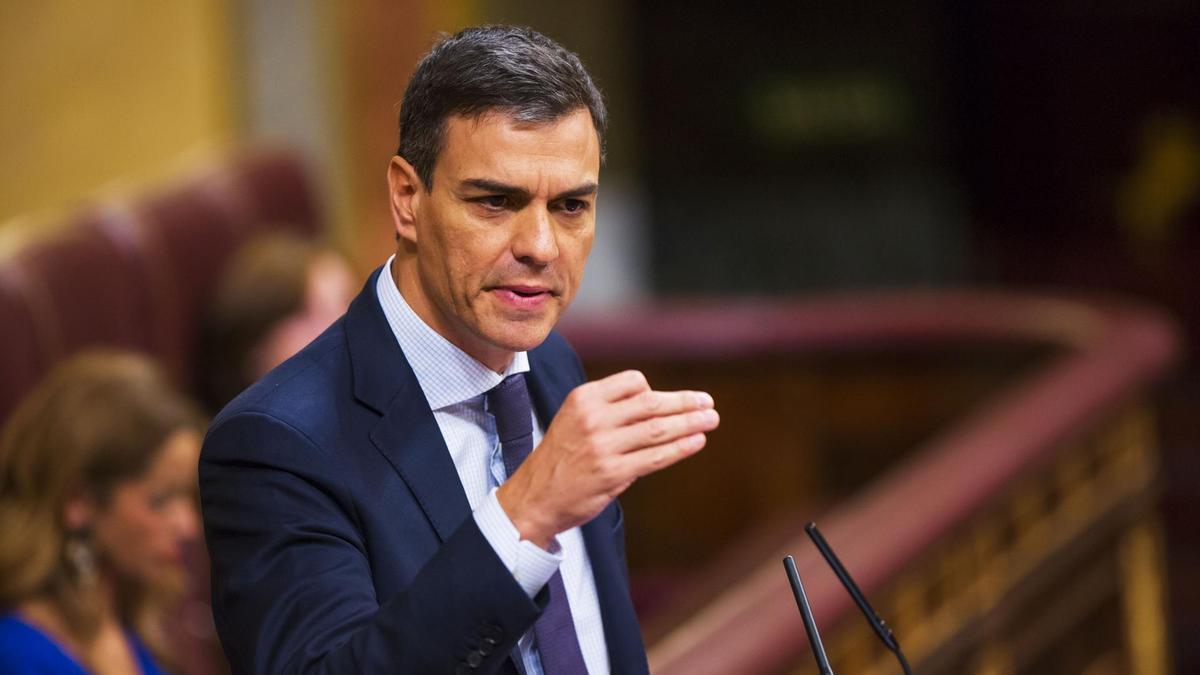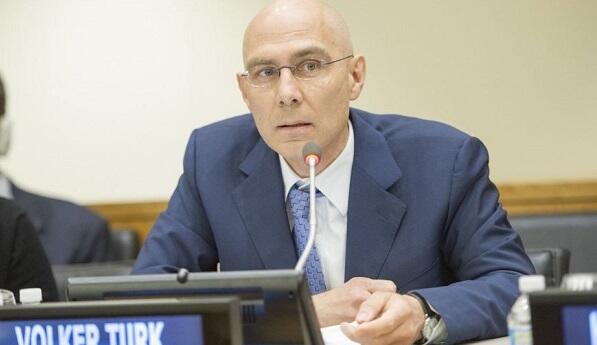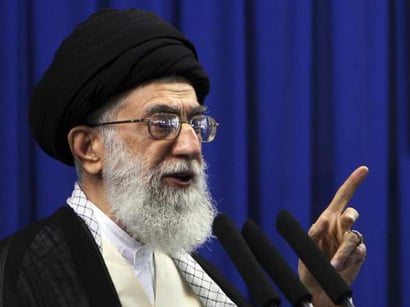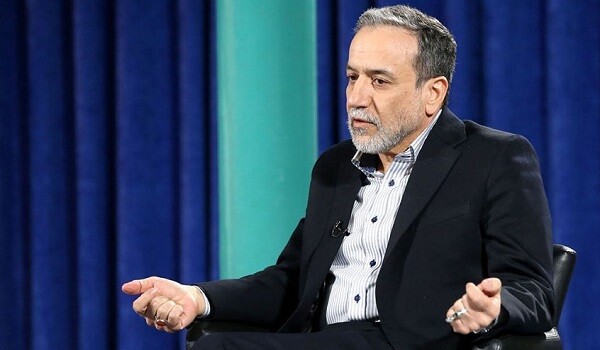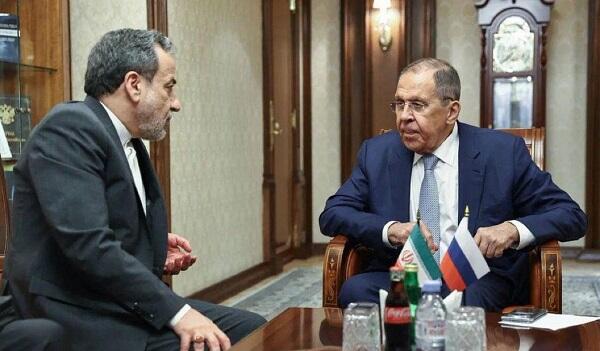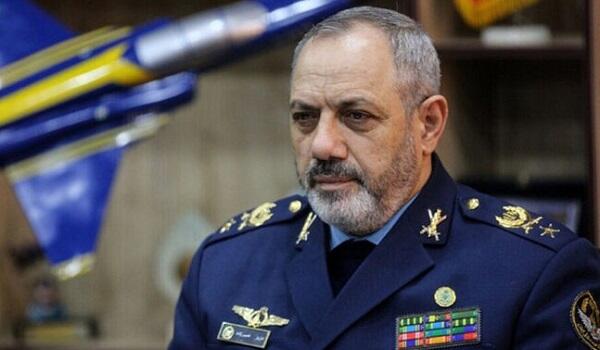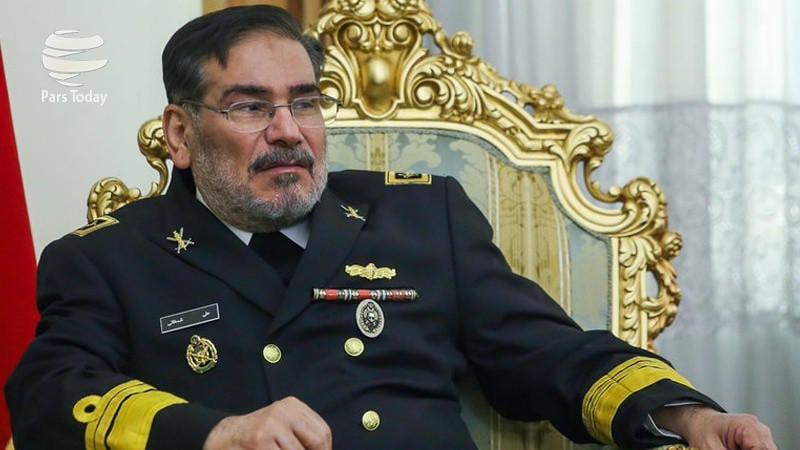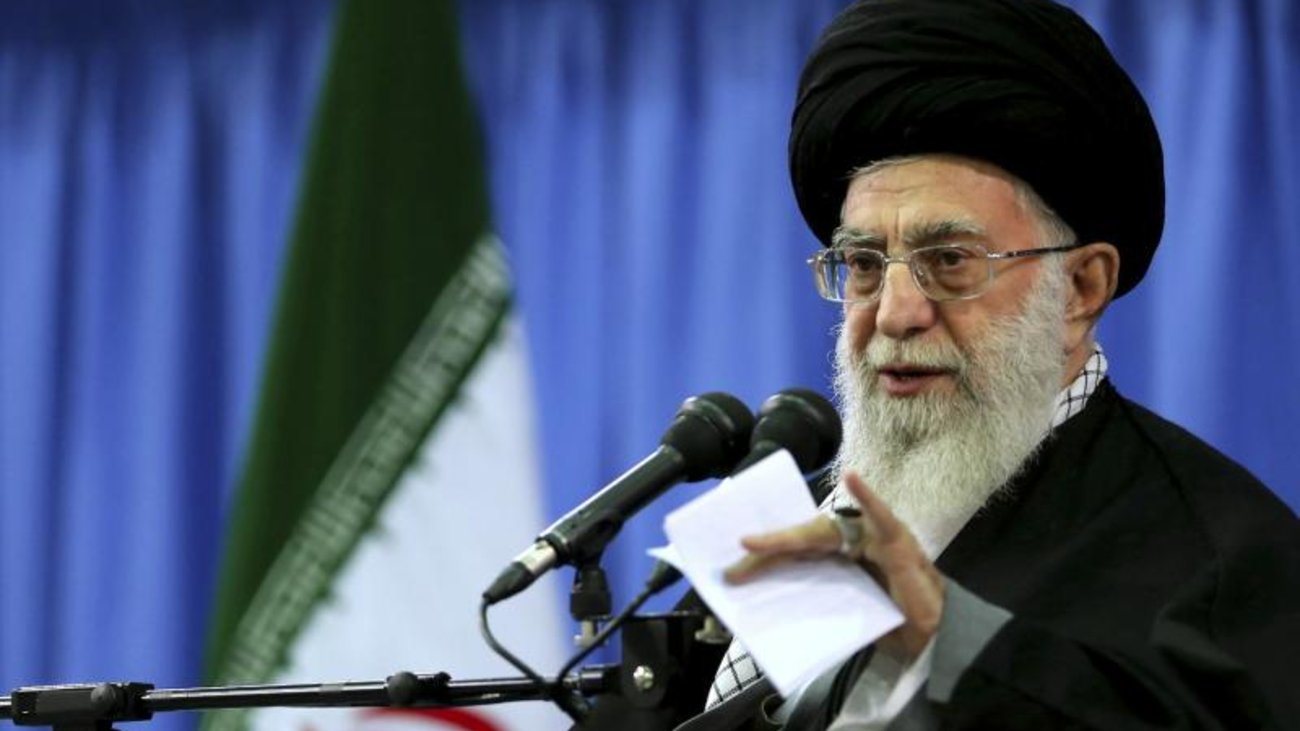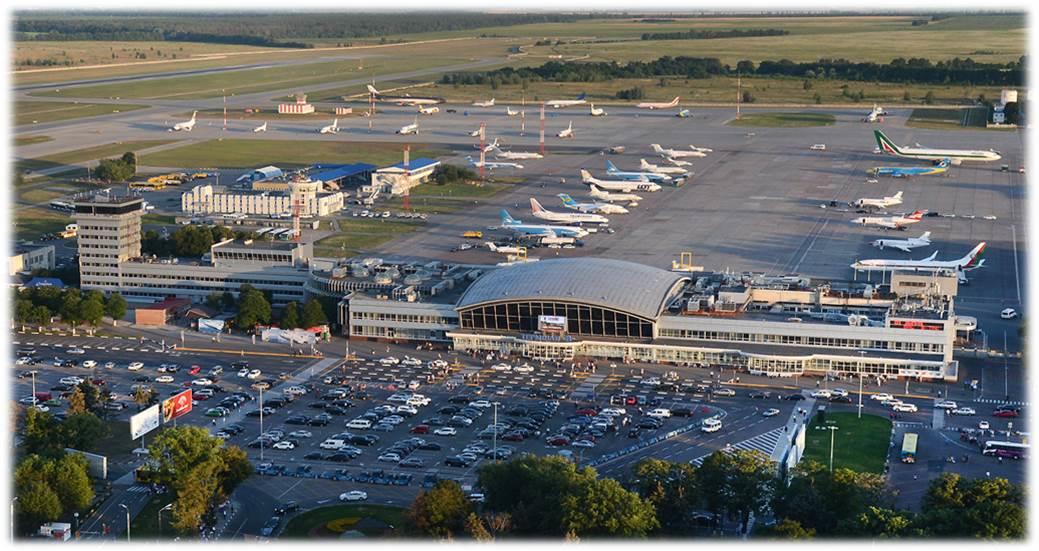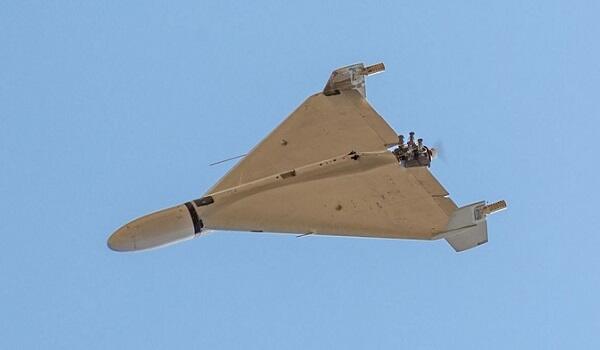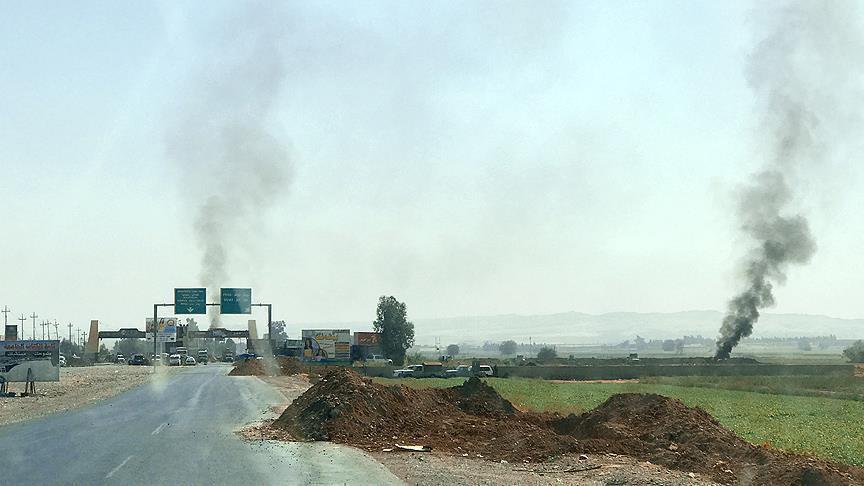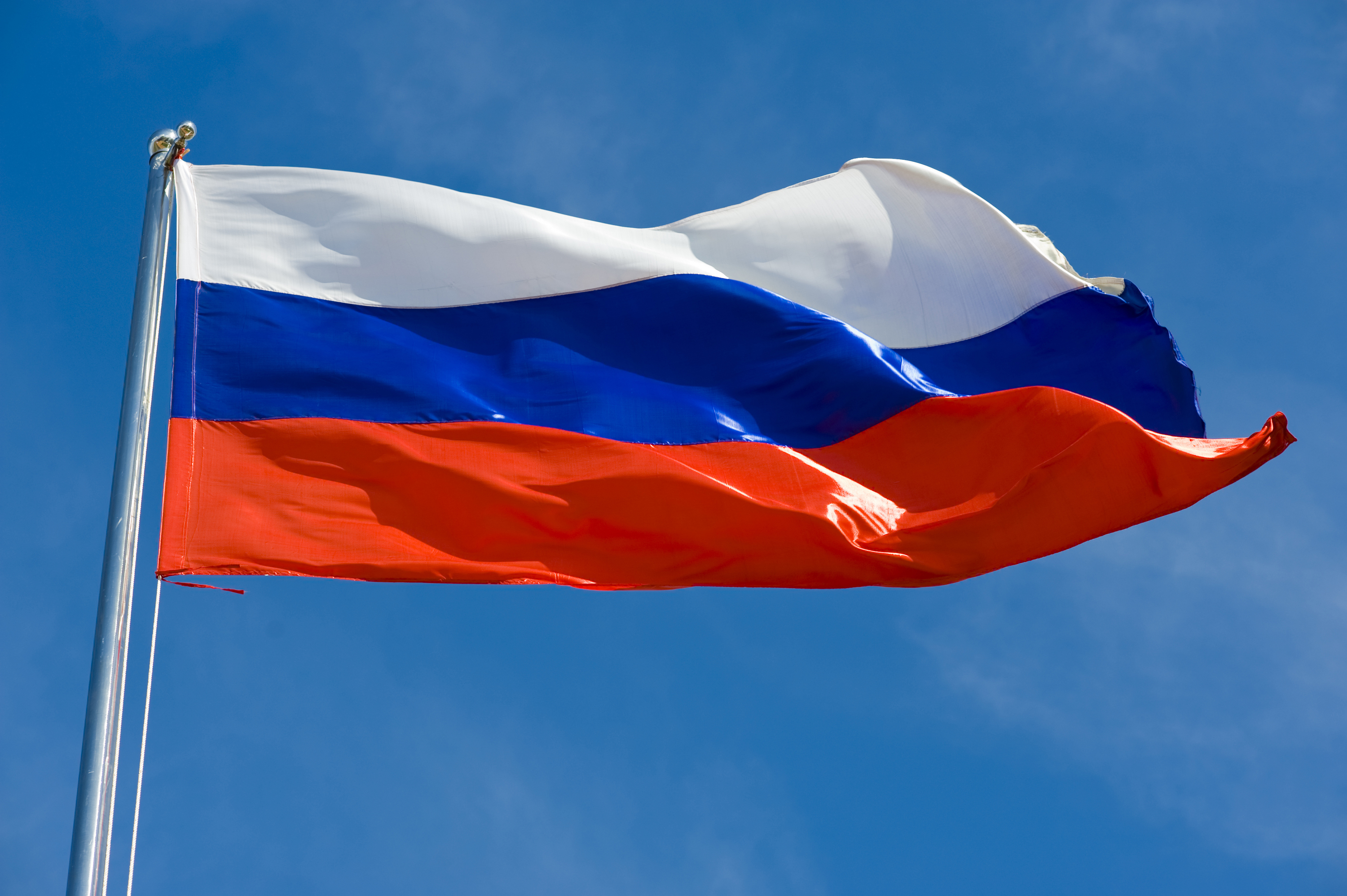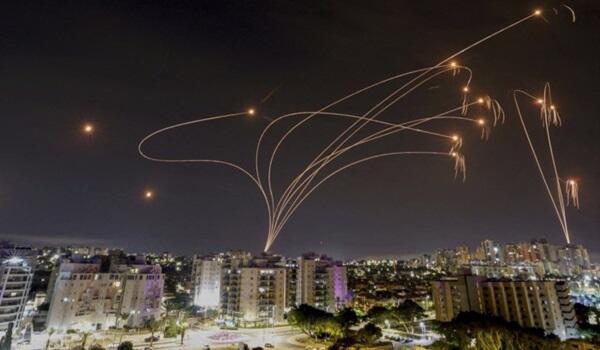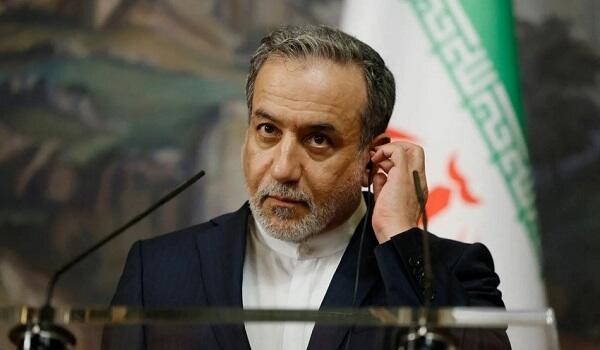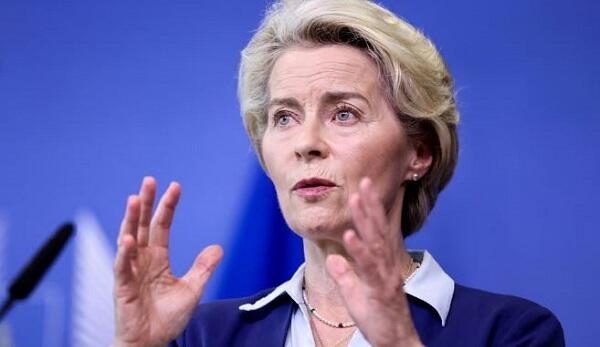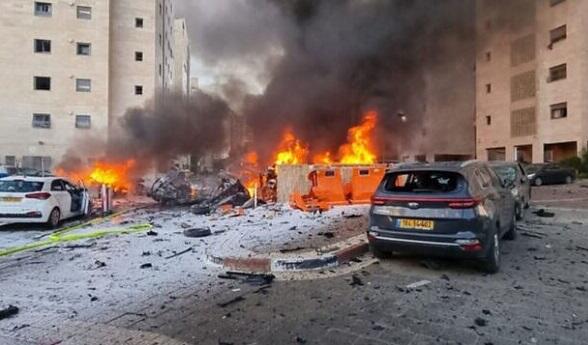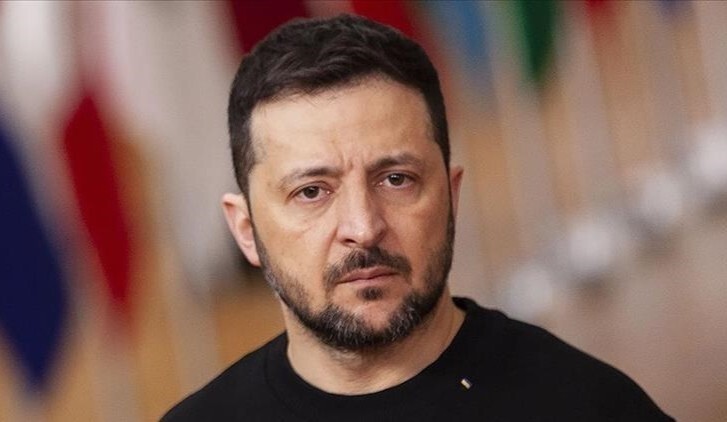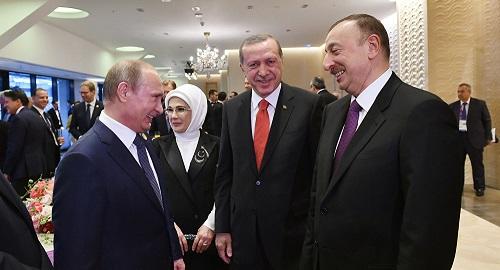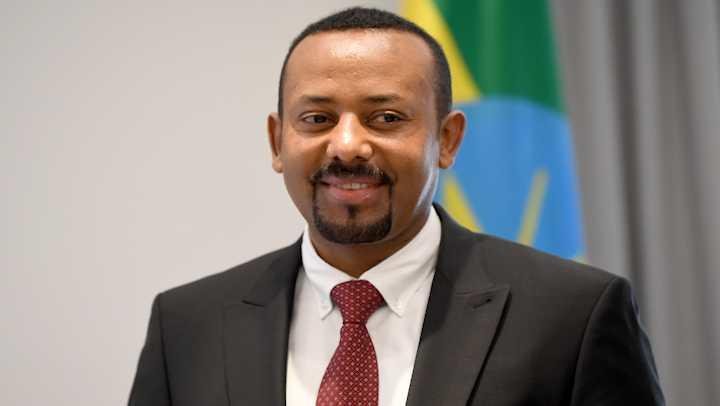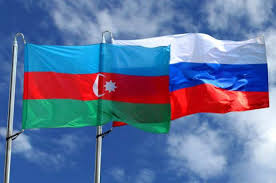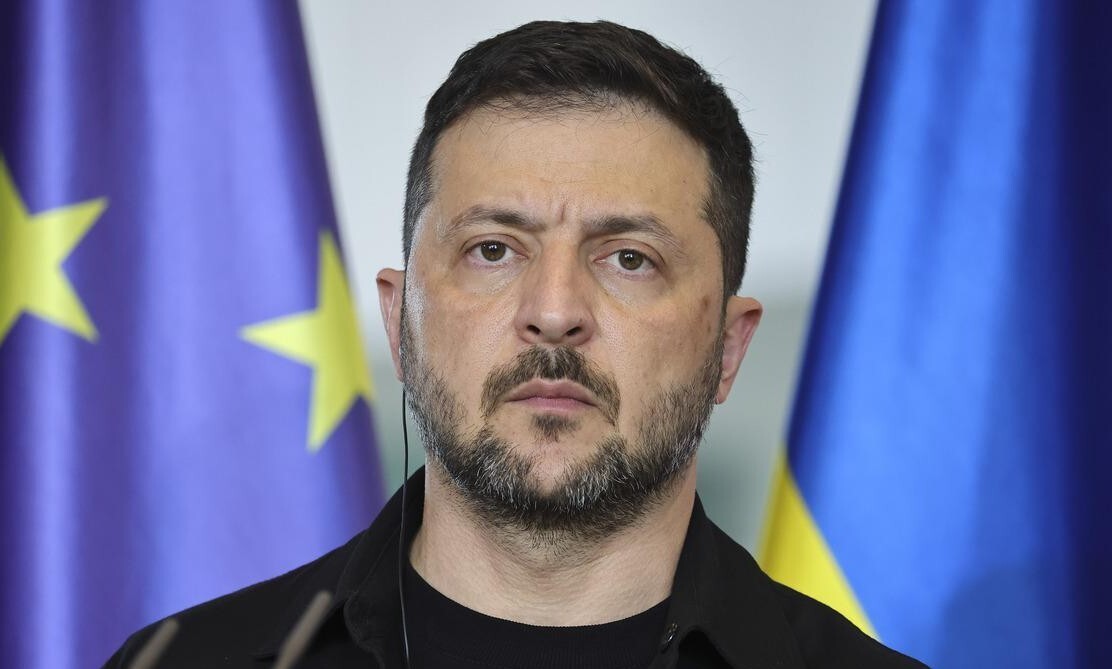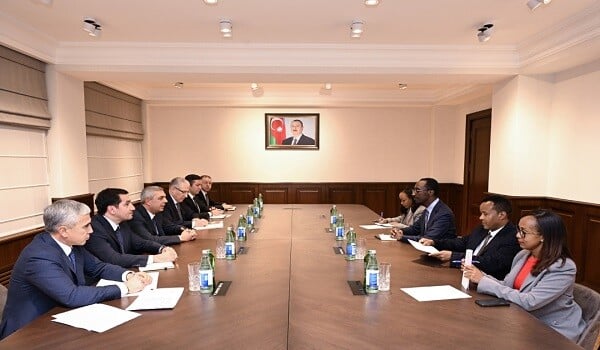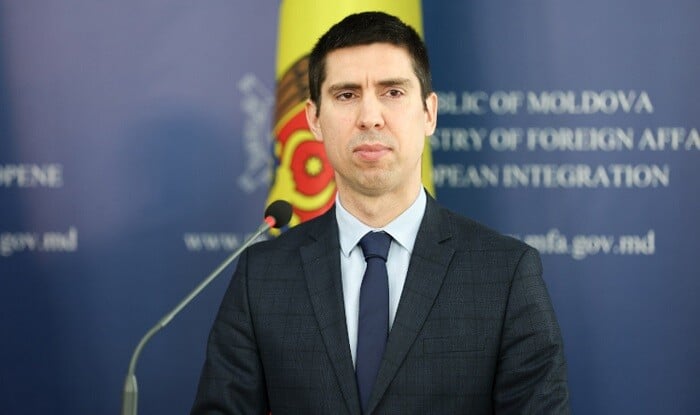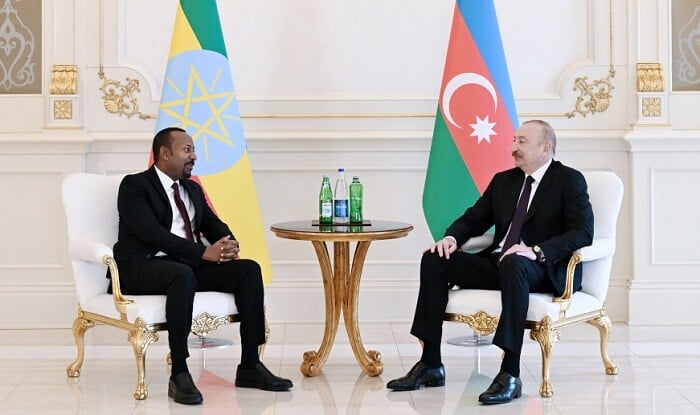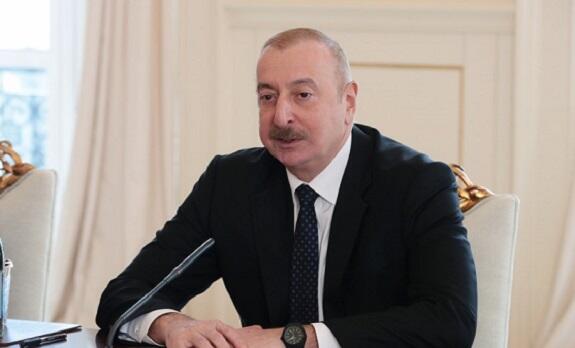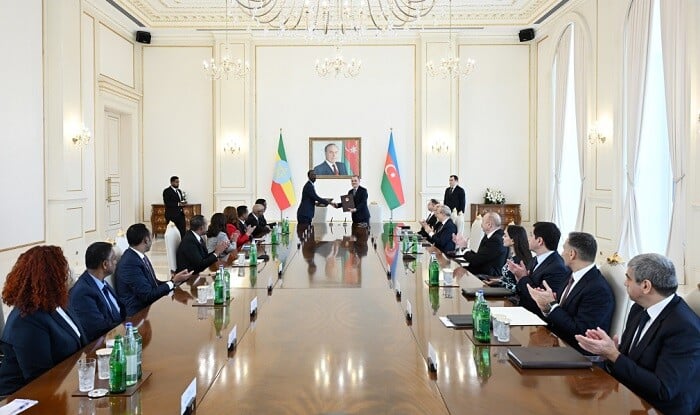Ankara wants to join BRICS while simultaneously calling on Russia to leave Crimea. Erdoğan is a master at sending signals to the Kremlin by securing strategic concessions from Putin.
Axar.az reports that Central and Eastern Europe expert Ivan Preobrazhenski said this in his article for Deutsche Welle.
"Russian state media and officials discussed Vladimir Putin's anticipated visit to Turkiye for about a day. First, Sergey Shoigu stated that the Russian president is ready to agree with Turkiye's leader, Recep Erdoğan's proposal to make deals not to strike Ukraine's energy infrastructure. Then, reports appeared in the media that Putin supposedly requested fighter jets to accompany his plane, but Turkiye refused. Finally, Putin's press secretary, Dmitry Peskov, said that the long-delayed visit, postponed for two years, will take place after preparations are complete. Apparently, this didn’t go as Moscow desired, ending with Erdoğan's statement that 'a fair peace means returning Crimea to Ukraine,'" the expert noted.
According to Preobrazhenski, since the beginning of Russia's large-scale aggression against Ukraine, Turkiye has been successfully balancing between the aggressor and the victim, maintaining profitable trade with both countries while sharply increasing its influence in the South Caucasus and Black Sea regions:
"For example, Erdoğan managed to resolve the issue of Karabakh and bring it under Azerbaijan's control. At the end of July, the Turkish president acknowledged Turkiye's direct involvement in the Second Karabakh War.
Now, Erdoğan, alongside Putin and Azerbaijani President Ilham Aliyev, is working on establishing a transit corridor through Armenia's Zangezur region. This route will cut off Iran and block a potential channel for sanctioned smuggling. It's no surprise that Iran strongly opposes this and has even directly warned Moscow about its displeasure.
It seems the Iranians are allies of Putin in the war against Ukraine. Although they deny direct involvement, they continue to supply Russia with missiles. It appears that the Kremlin should avoid provoking its ally, but nonetheless, it continues pressuring Armenian Prime Minister Nikol Pashinyan to soon conclude a peace deal based on Azerbaijan's conditions, which includes amending Armenia's constitution and opening the Zangezur corridor. It's hard to understand if Putin considers organizing the flow of goods through Turkiye and then Armenia as crucial for Russia or if helping Erdoğan is his priority.
Additionally, Russia and Turkiye are tied by the supply of Russian gas to the European Union. They are partners here, although Erdoğan stands to gain more. Russia's Gazprom is forced to make concessions. If, as announced, the transit through Ukraine is halted from 2025, then this will remain the last pipeline route to the EU. Finally, despite the EU's quiet objections, Russia's Rosatom is successfully constructing the Akkuyu nuclear power plant in Turkiye."
The expert also noted that despite these ties, Erdoğan, in the classic style of an authoritarian leader, occasionally does not hesitate to humiliate the Russian leader:
"They have a very cordial relationship. According to reports, Putin requested permission to fly to Turkiye under the protection of Russian fighter jets, fearing a potential strike from Ukraine. But Erdoğan subtly reminded him that Turkiye is a NATO member and only flirts with the Kremlin when it's advantageous. Allegedly, they informed the Russians that they couldn't allow the fighters because NATO's air defense system could mistake them for military targets. This is a not-so-subtle hint that Turkiye's air defense forces have already shot down Russian fighter jets.
Erdoğan has been waiting for Putin's visit for two years and seems willing to wait even longer. The authoritarian alpha males are playing their usual games, trying to outmaneuver each other because the outcome of their negotiations depends on it. Moreover, I suspect they enjoy this contest to some extent.
Erdoğan is pleased with the cooperation with Putin, but it seems he’s waiting for Putin to either play a submissive 'second fiddle' role in the South Caucasus or at least deliver a peace treaty with Ukraine. Other options are not profitable enough for Erdoğan, and Putin no longer has the tools to force the Turkish leader to play by Kremlin rules."


